The UK’s last remaining coal-fired power station stops producing energy today with the Government promising a “new age of good energy jobs” will take its place.
Ratcliffe-on-Soar in Nottinghamshire has been powering Britain with electricity since 1968 via four coal-fired boilers, eight cooling towers and a 199m tall chimney.
Now only 1 per cent of electricity is generated through burning coal with successive Governments moving toward cleaner forms of renewable energy like wind and solar.
Owners, German energy giant Uniper, will begin decommissioning the site from October 1.
Mary Weston-Webb, aged 71, from Ratcliffe-on Soar, said: “It’s given us power all these years.”
Moving to the area in 1988, Mary found it an “idyllic spot to bring up the kids.”
“It used to be very grubby in the old days,” she said.
“There used to be black acidy spots that damaged the roofs of cars, but many years ago they spent a lot of money on it and cleaned it up.”
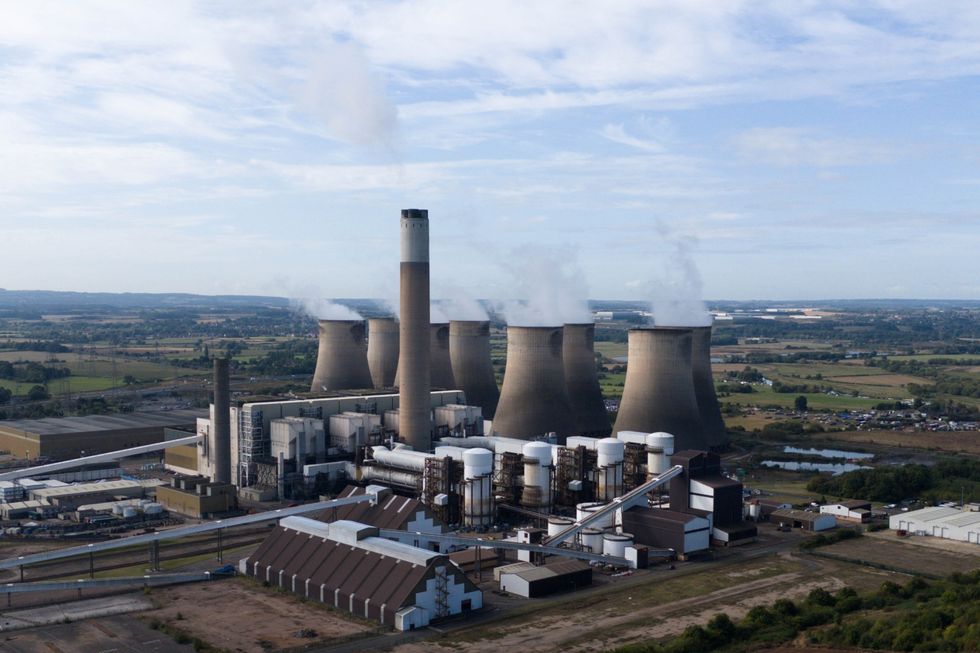 Britain’s last coal-fired power station to close today – ‘End of an era’ PA
Britain’s last coal-fired power station to close today – ‘End of an era’ PA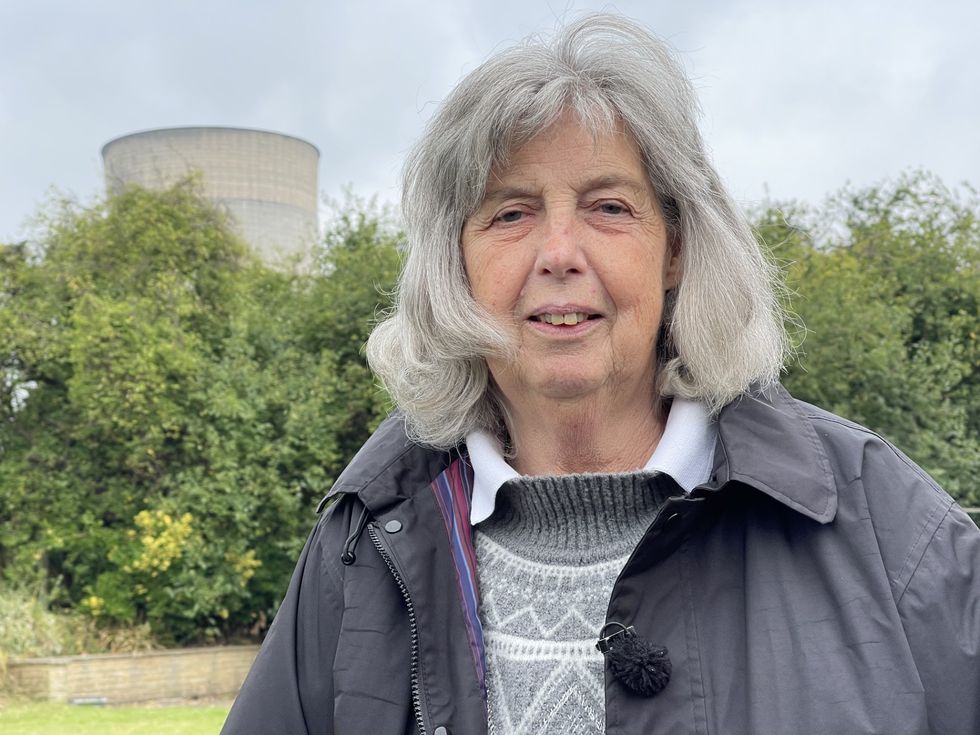
Mary Weston-Webb, aged 71, from Ratcliffe-on Soar
GB News
Adding, “We can put white sheets out now and not have any bits of black on them.”
“It doesn’t bother us at all.”
Locals, enthusiasts and photographers have spent decades appreciating the cooling towers’ presence in the landscape.
But now the site will be demolished, two years later than expected after higher demands during the Ukraine War and cold winters forced delays.
In 2009, the then energy secretary Ed Miliband MP promised to phase out coal.
The Conservative government followed suit, announcing in 2015 that the UK would stop generating energy by burning coal, setting the target for 2025, but bringing it forward a year.
Michael Shanks, Minister for Energy, said the closure marks the “end of an era” and “coal workers can be rightly proud of their work powering our country” for over 140 years.
“We owe generations a debt of gratitude as a country.”
He added, “The era of coal might be ending, but a new age of good energy jobs for our country is just beginning.”
“The Government’s clean energy superpower mission is about creating good jobs in wind power and new technologies like carbon capture and storage.”
LATEST DEVELOPMENTS:
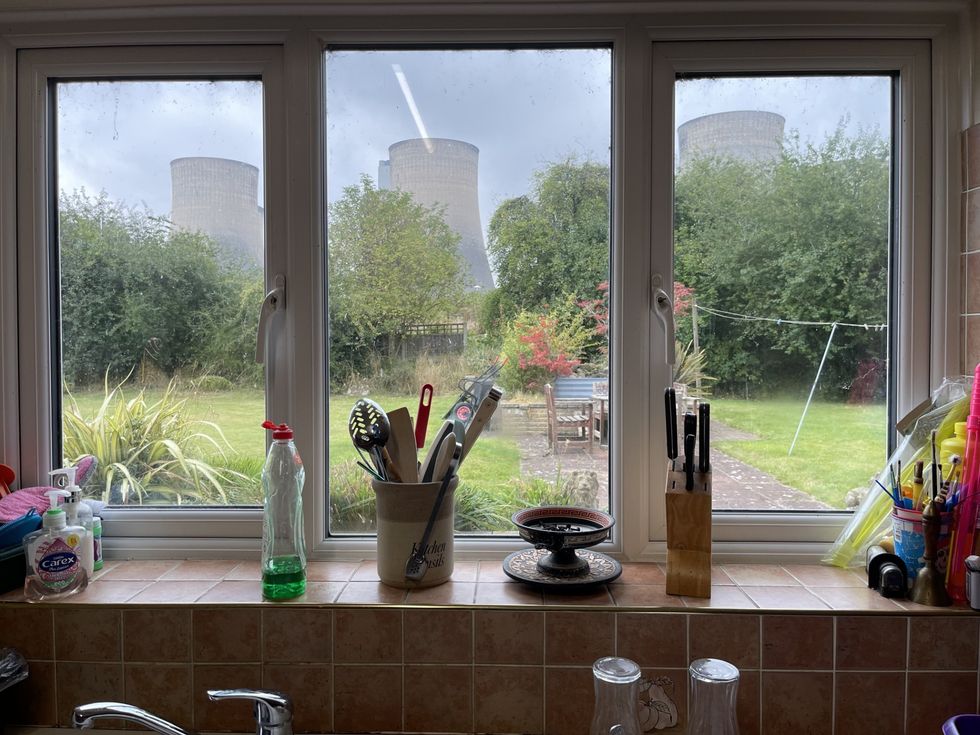
Ratcliffe-on-Soar power station from Mary Weston-Webb’s home
GB News
The UK is the first major economy to phase out coal power with global goals of net-zero set for 2050.
The work “is helping boost our energy security and independence”, the Minister said, “protecting families from international hikes in the price of fossil fuels and with it, creating jobs and tackling climate change.”
Approximately 154 jobs are to be lost with some staff kept on during decommissioning, but Unions claim to be supporting members to find new work and retrain.
At the height of the coal boom, the Midlands corridor around the Rivers Trent and Soar was nicknamed Megawatt Valley because of the number of power stations being fed by local collieries.
Ratcliffe’s closure puts a full stop to the country’s use of coal for electricity, which began with the Holborn Viaduct power station in London in 1882, the first of its type in the world.
Coal went on to play a major role in the national energy supply throughout the 20th century and accounted for about 80% of UK power in 1990, falling to 39% in 2012.
Dhara Vyas, deputy chief executive of Energy UK, said: “Ten years ago, coal was the leading source of this country’s power – generating a third of our electricity.
“So, to get to this point just a decade later, with coal’s contribution replaced by clean and low carbon sources, is an incredible achievement.”
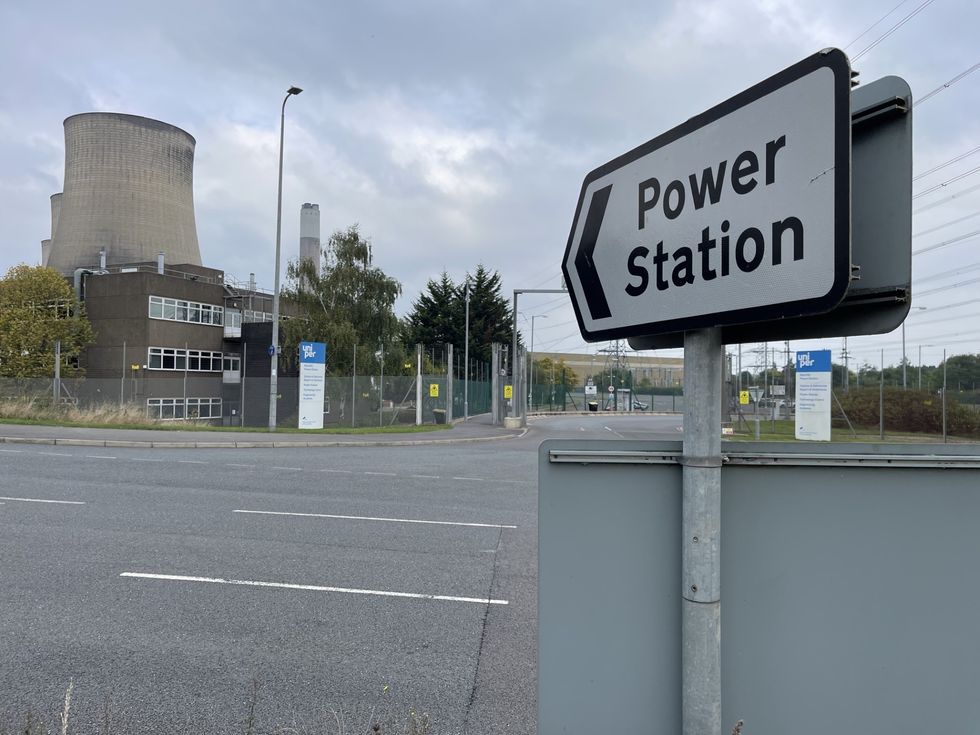
Ratcliffe-on-Soar power station
GB News
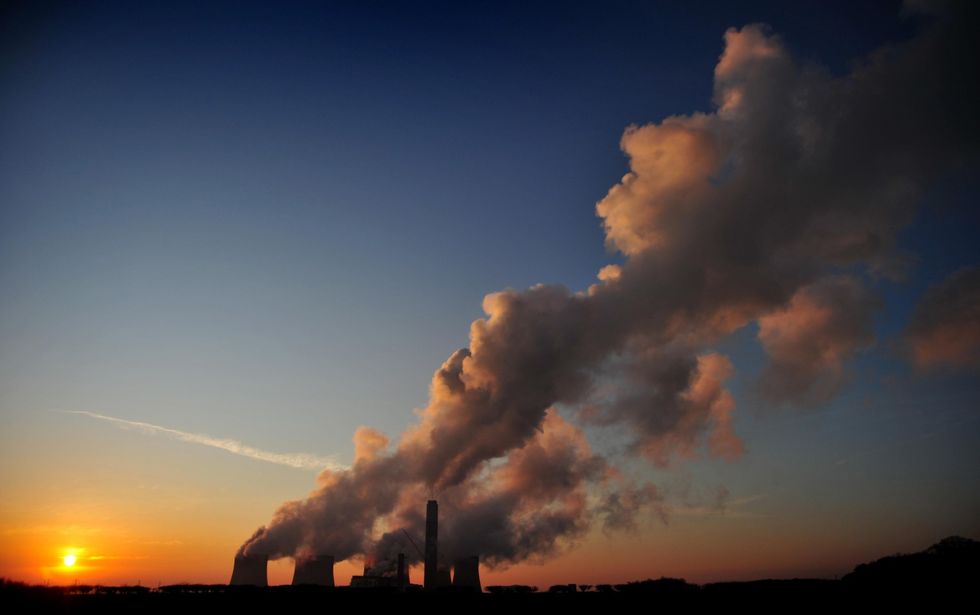
Ratcliffe-on-Soar power station closes today
PA
In recent years, development in the region around the power station known as the East Midlands Freeport has dramatically increased.
Rushcliffe Borough Council has granted planning permission for Uniper to begin building a zero-carbon technology and energy hub on the site.
James Naish, Labour MP for Rushcliffe said, “It’s significant, not just for Rushcliffe, but the country. It’s the last of the active coal-powered stations to go cold.”
“The question is about what follows”, he added, “and how can we use these sites to generate high-quality jobs and clean green energy for the future.”
Some locals are hoping Uniper maintains some of the towers as a tribute to the past.
Mary Weston-Webb said, “It’s a shame to demolish it.”
“I think they’re quite beautiful. I’ll miss them.”
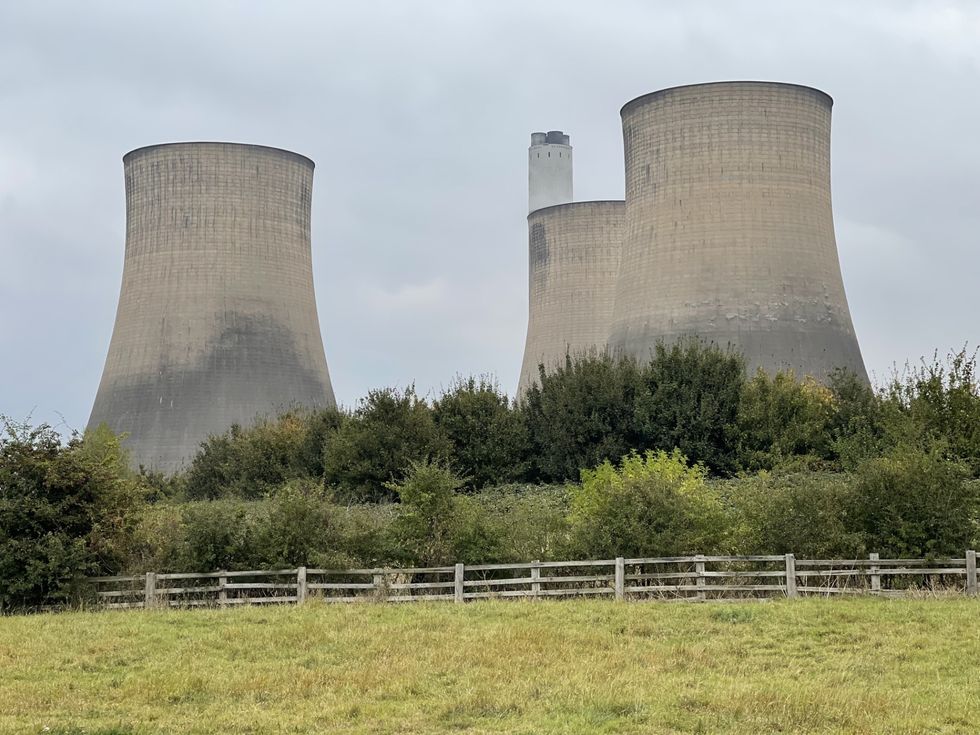
Ratcliffe-on-Soar power station
GB News
Uniper CEO, Michael Lewis, said: “For me, Ratcliffe has always been more than just a power station-it has been a pillar of the UK’s energy security for decades.
“Built during a time when coal was the backbone of industrial progress, Ratcliffe powered over two million homes and businesses-equivalent to the entire East Midlands region.
“It played a crucial role in boosting economic growth and supporting the livelihoods of thousands of people. This will be the first time since 1882 that coal has not powered Great Britain.
“As we close this chapter, we honor Ratcliffe’s legacy and the people working here, while embracing the future of cleaner and flexible energy.
“In this context, Uniper aims to invest in technologies like CCS, Renewables and hydrogen.
“The goal is to decarbonise our remaining power assets and to deliver low carbon fuel as well as green and reliable energy to our customers.”
Plant Manager of Ratcliffe-on-Soar power station, Peter O’Grady, said: “It is an emotional day for me as well as for the team.
“When I started my career 36 years ago, none of us imaged a future without coal generation in our lifetimes.
“I am incredibly proud of what we’ve achieved together over the years and to be part of this energy milestone as the country focuses on a cleaner energy future.”